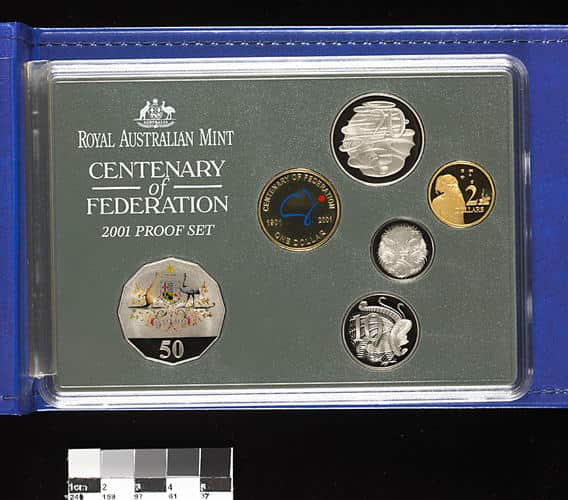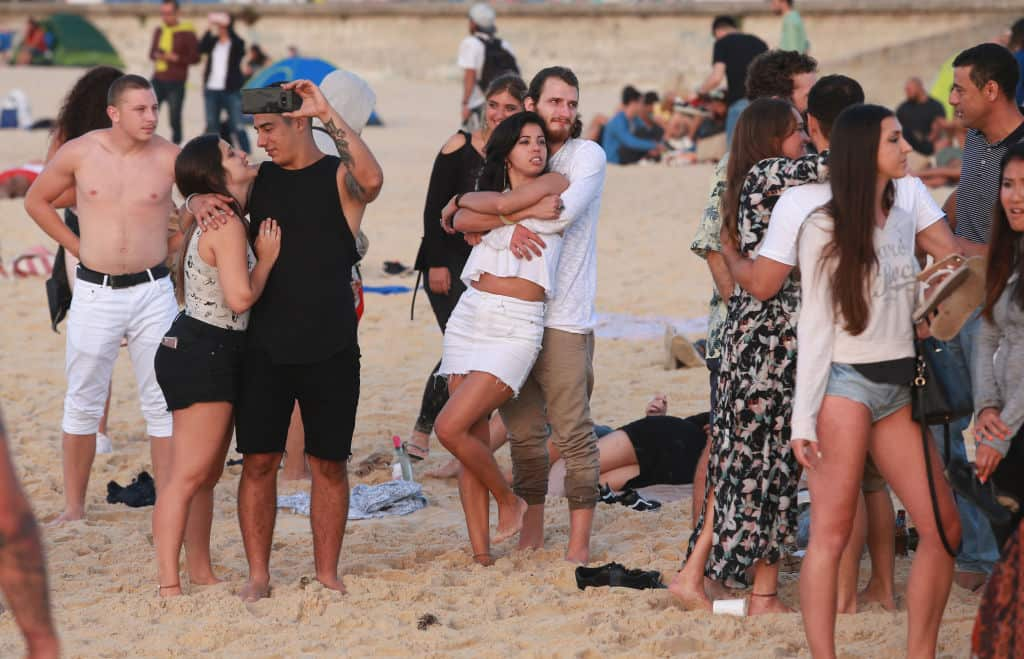If you thought the debate around our national day is old news you must be squashed underneath a very big rock.
The push to change the date is growing, and in 2017, a poll showed 56 per cent of Australians don't mind when Australia Day is held, just as long as there's a national day of celebration.
The controversy of our current national day is that its date, 26 January, commemorates the landing of the First Fleet which, for the most part, marked the end of the traditional Aboriginal way of life and ushered in an era of harsh colonialism. As such, celebrating Australia Day as it currently stands is seen by many First Australians (and their allies) as celebrating a forceful end to Indigenous peoples' practices and achievements, and the beginning of centuries of tragedy and trauma.
Of course there are many social and political commentators who rebuke such sentiment, and uphold that Australia Day should be seen as a celebration of the country it is today; the achievements that have been made towards reconciliation as a unified ethnicity as 'Australians'. A just argument without a doubt, provided you ignore that in many areas, First Australians are more disadvantaged and arguably subjected to more overt and institutionalised racism than other Australians.
Considering what national holidays are supposed to be about (being a celebration of togetherness and unity in our differences) one might question why anybody would insist on keeping Australia Day on a date which highlights a tragic beginning of much of what— albeit in different forms —is still experienced across Indigenous Australia today?
The push to change the date is just that, to change the date. Within this democracy, “changers” are well within their rights to seek that the date be moved to one of less controversy, despite their opponents slamming it as an abolishment of the celebration altogether.
In reality, 26 January never marked the commencement of “Australia”; it marked the commencement of British settlement on the continent.
In reality, 26 January never marked the commencement of “Australia”; it marked the commencement of British settlement on the continent. “Australia” wasn’t a confederated country until 1 January 1901. “New year, new country” and all of that.
For a country that— and make no bones about it —rightfully honours the ANZAC tradition (which in its way highlights Australia’s role on the world stage as its own country and not as a contingent of colonial troops), to not place any emphasis whatsoever within the national psyche on the anniversary of Federation (our cessation as separate British colonies and uniting as one independent country) is unheard of in global terms. For example, the United States of America commemorates Columbus Day as being the “discovery” (a holiday which in the States is undergoing similar revolution to our own Australia Day and has been renamed 'Indigenous Peoples Day' in many states), as well as its Independence on 4 July. That’s two separate holidays. Can Australia not similarly separate the romantic notions of frontierhood with the political might of Federation?

Even our Commonwealth connections like Canada, who share a starkingly similar history to us hold their national day, not when the British established colonies in the late-1500s, but on the date of the unification of provinces, joined by political confederacy. Their national day, referred to as "Canada's Birthday", is currently held on the anniversary of the Confederation Act coming into effect, 1 July.
One innocent explanation of why Australia overlooks the work of Sir Henry Parkes and Edmund Barton could simply be that celebrating the anniversary of Federation as the new national holiday on 1 January takes away from New Years Eve celebrations and clumps too many public holidays around the beginning of the year. Also, let's face it, nobody wants to have a two-in-one public holiday.
Also, it’s plainly obvious that our school curriculum and historical outlook places incredible emphasis on the coming of the First Fleet more so than almost any other milestone in our country’s history.
Rather than just being too busy nursing our hangovers off on 1 January, many of us aren't even made aware of Federation. Sure, a few of us were given a commemorative Centennary coin issued by the Royal Australian Mint when we were at school in 2001, but most alive today couldn’t name the key figures of Federation, whereas practically everybody can name several works by Banjo Paterson.

Unreservedly, stories told by Paterson which reflect the struggles of frontier living are vital to Australia’s cultural tapestry. Likewise are the stories of Australia’s colonial days— particularly when both sides are told. But it seems the popularity of romantic notions of colonialism just can’t hold a candle to the various political milestones which transitioned Australia into a modern country.
It seems the popularity of romantic notions of colonialism just can’t hold a candle to the various political milestones which transitioned Australia into a modern country.
Moving forward in this debate, the key message ought to be not what people feel about Australia Day remaining on 26 January, but what exactly Australia Day is intended to celebrate. Namely, “Australia”, not six British colonies. It’s apparent that at present Australia Day no longer celebrates Australian-ness as it ought to, instead it’s become mired in grief and marred with division.
For as long as Australia Day remains on 26 January it’s obvious that the celebration will continue to be undermined due to what the country tends to ignore the most: the continued plight of the First Australians.
Jack Wilkie-Jans is an Aboriginal affairs advocate and artist from North Queensland. He is from the Waanyi, Teppathiggi and Tjungundji tribes.
NITV presents a selection of dedicated programming, special events and news highlights with a focus on encouraging greater understanding of Indigenous Australian perspectives on 26 January. Join the conversation #AlwaysWasAlwaysWillBe

